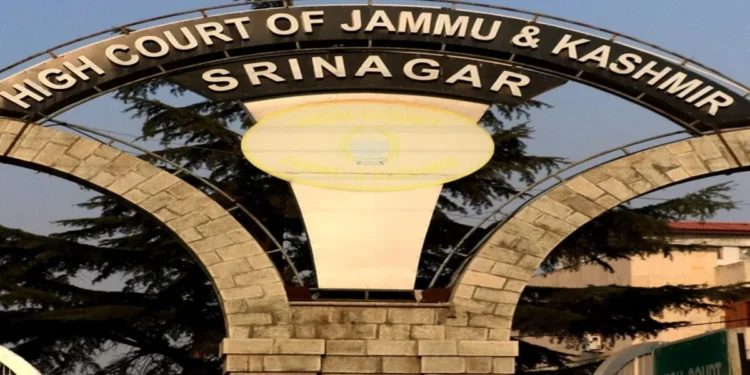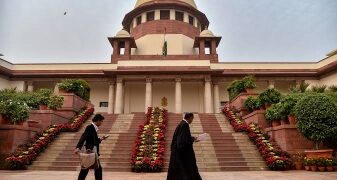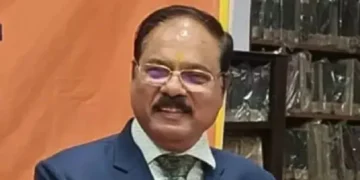New Delhi. Can the government acquire your personal property and redistribute it among others? The answer to this important question is going to be received from the Supreme Court today. In the Supreme Court, a bench of 9 judges headed by Chief Justice DY Chandrachud is going to give its verdict on the issue of redistribution of private properties. The Constitution Bench of 9 judges had reserved its verdict on May 1 this year after hearing the petition filed on this matter. The Supreme Court bench will tell today whether under Article 39(B) of the Constitution, the government can consider private property as a community resource and use it for the benefit of the people? An important decision is now going to be taken in this matter which has been pending in the Supreme Court for the last 20 years.
During the hearing in the case of acquisition of private property and redistribution of it, the Constitution bench of the Supreme Court had asked the question that if a foreign semi-conductor manufacturing company is first allowed to establish its operations in India and then it is asked that this community India has physical resources and if it is taken away, then who will invest in the country? In this case, 16 petitions were filed in the Supreme Court. Among these petitions, there is also a petition by the Mumbai-based Property Owners Association. In this case, first the Constitution Bench of 5 and then 7 judges has heard, but now the final decision is being given by the Constitution Bench of 9 judges.
Let us tell you that when the Lok Sabha elections were held this year, the issue of redistribution of assets was very hot. Congress leader Sam Pitroda had advocated redistribution of wealth. After which PM Narendra Modi and BJP leaders had raised the issue that if Congress and opposition government is formed at the Centre, then it will take away the property of common people and even the Mangalsutra of women. By the way, if we talk about Article 39(B) of the Constitution, it says that the ownership and control of the material resources of the community should be distributed in such a way that the common interest can be fulfilled. That means people can benefit from it.






